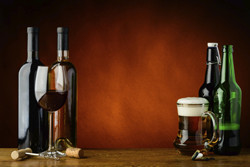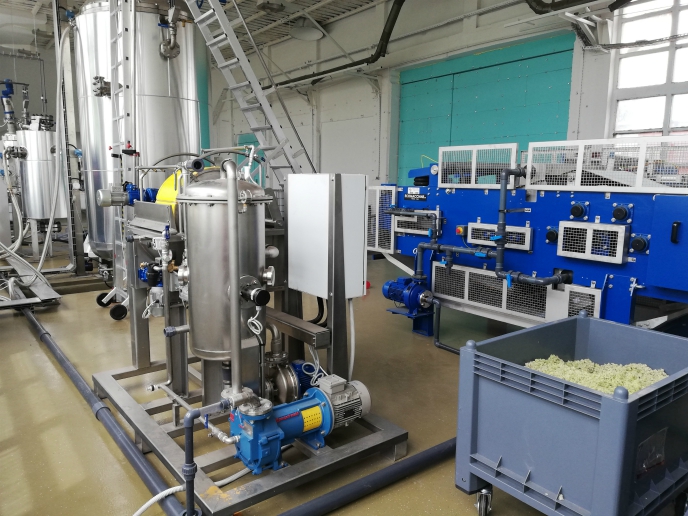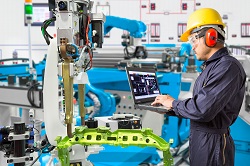Safer beer and wine filtration
Research into a new product that uses natural vegetable fibres has shown improved adsorption of toxic contaminants and pesticides as well as enhanced filtration. Keen to expand its potential, the scientists launched the EU-funded project ADFIMAX(opens in new window) (Demonstration of innovative filter aid technology to reduce undesirable substances (pesticides and mycotoxins) in beverages such as wine and beer) to show the material's ability to meet industrial demand. ADFIMAX's system can be easily integrated into liquid processing lines during the current filter step with no modification of existing equipment. Researchers targeted the beer and wine sectors, which use large quantities of kieselguhr and therefore face stringent regulations requiring reduction of toxic residues in their products. The new system demonstrably decreased levels of an important mycotoxin (ochratoxin A (OTA)) and two other widespread pesticides to below detection levels in a previous project. Moreover, it also decreased levels of two other pesticides known to be endocrine-disrupting compounds by 90 % or more. Large-scale tests to filter 1 000 litres of wine in France demonstrated excellent filter pressure, speed and volume. The final product had good taste and quality of filtration. Scientists have confirmed the industrial viability of body-feed techniques. Integration of active vegetable fibre into filter sheets demonstrated selective removal of OTA and pesticides even better than expected. More than 10 large-scale tests in commercial wineries gave significant reduction of unwanted substances without adverse impact on the chemical properties or taste. The German federal authorities and the United States Food and Drug Administration (FDA) have certified the filter sheets as a result. These filters are highly sustainable and poised for widespread market penetration with demonstrated industrial-scale production and usage. Moreover, scientists are developing a business model to optimally market their product with plans to filter other undesirable components present in the chemical production stream. Partners intend to increase production capacity alongside regulatory work and to commercialise the product in niche markets.







